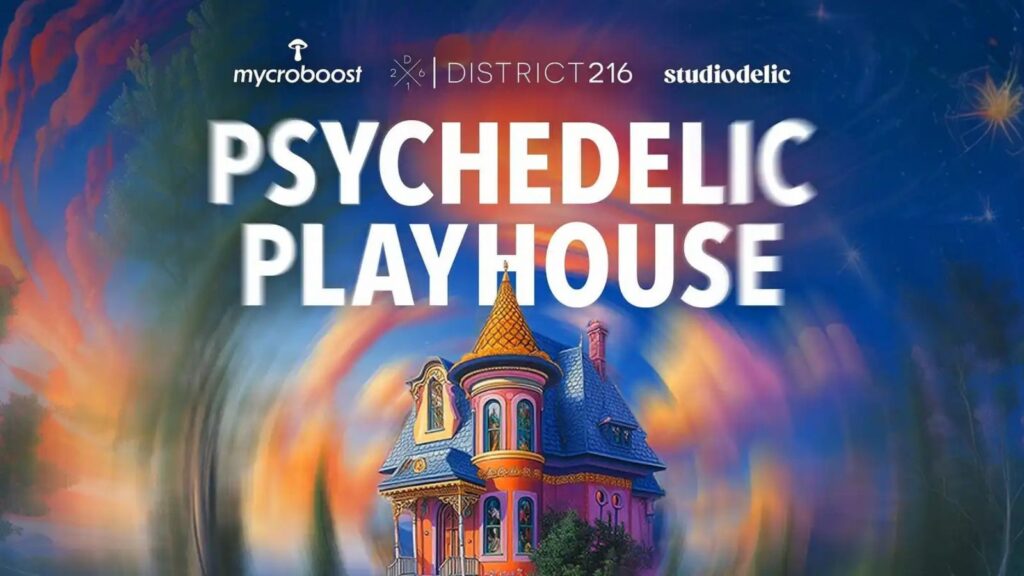Richard Linklater’s latest film, Boyhood, follows the character of Mason Junior, played by Ellar Coltrane, from the age of six until he arrives at college. Ethan Hawke plays Mason Senior, Patricia Arquette plays the boy’s mother, Olivia, and the director’s daughter Lorelei plays Mason’s older sister Samantha.
This movie is unique in the field of feature films (though there are precedents in documentary film) in that the piece was made over a twelve-year period, so that we see the children grow up and the parents enter middle age.
In interviews, Linklater has said that they shot whenever everyone was available, presumably a few weeks each year. He says that there is not a lot of left-over footage.
From the point of view of the screen writer, who is the director in this case, the advantage to the method was that he only had to come up with a few scenes of a few minutes each between shoots, and he had time to think in between. He knew from the start what the last scene would be, and filled in the narrative episodically over the 12-year period.
Like his other films, most notably his break-through piece Slacker (1991), Boyhood is a series of snapshots of white middle class America with a Texan twist. The spectrum of social values portrayed runs from vaguely liberal through benign Bible-and-gun culture to get off my property or I’ll shoot you. Linklater portrays these flatly, without comment. This angle gives the film its humor. There’s a lot of laughter in the theater. Also, I saw my kid in it; the laughter showed that 500 other parents in the room similarly identified. As public experiences go, it was pretty special.
Morgan, Sr. (Ethan Hawke) plays a carefree two-weekends-a-month dad heavily invested in his GTO. He just can’t understand why Olivia, his ex, is so uptight. What’s the big deal is his general tone. His character matures somewhat and eventually he makes a long-term commitment to his new family and a set of in-laws who are at the charming end of the Guns’n’God worldview.
Olivia struggles. That’s her trajectory. At first she struggles to make ends meet. Then she struggles to work her way through college, then she struggles through two more awful husbands, then she struggles more subtly, after she lands a professor gig and has a nice house, with the pending absence of her two children and the solitude of the American beauty in middle age.
What does the film tell us about America? The living is easy and/or nothing much happens. Wait a minute. Domestic violence, psychological abuse, and pathological drunkenness happen, but the consequences seem slight. Boyhood is, after all, about boys. Our heroes, you and I, pull through. The casualties – the step-kids left behind when Olivia flees her abusive second husband — disappear, so everything works out OK. (Maybe the movie says America is the place of invisible casualties?) It made me think for the umpteenth time about what women are supposed to put up with. But Olivia doesn’t complain, she moves on. This is perhaps the film’s most damning, most subtle statement.
Boyhood tells us that American high school kids are attractive white people who don’t seem troubled by much of anything. You play video games, you watch baseball, you engage in minor vandalism and don’t get caught, you make out in a station wagon, then you go to college. The worst thing that happens is an unwanted crewcut, but hair grows back. Your gorgeous girlfriend dumps you, but next day, your cool new roommate introduces you to one even more gorgeous. Life is pretty good in Texamerica, yessirree.
Why not?
The realism of this fantasy is its own critique. The character who starts out happy and winds up the happiest seems to be Mason Senior. He sails in and out of his first marriage, effortlessly gives up his rock and roll dream and gets some kind of white-collar job that we never see, trades the GTO for a minivan, and settles down to make babies with a younger woman. Maybe that’s the message. In America, we middle class white boys enjoy the freedom to not experience the consequences of our thoughtless narcissism. The biggest problem Ethan Hawke’s character has is how to sequence the Beatle songs on his homemade compilation CD, and when this is done, it’s his biggest accomplishment.
David Byrne sings a song that goes, “heaven is a place where nothing ever happens.” Ain’t that America?















